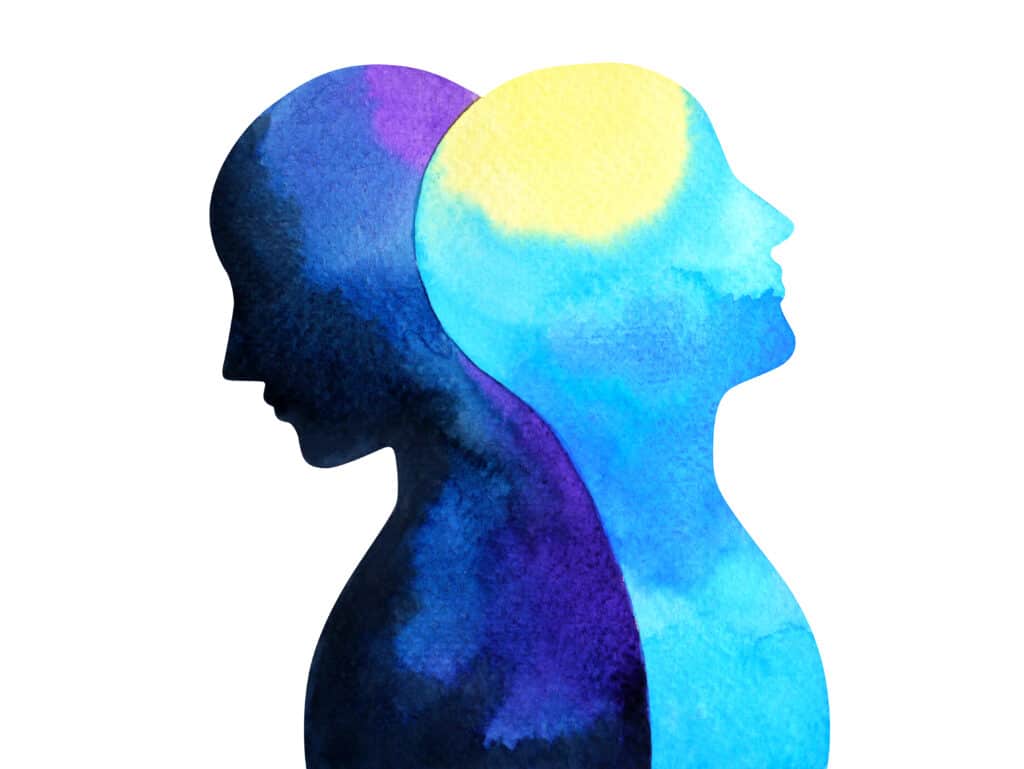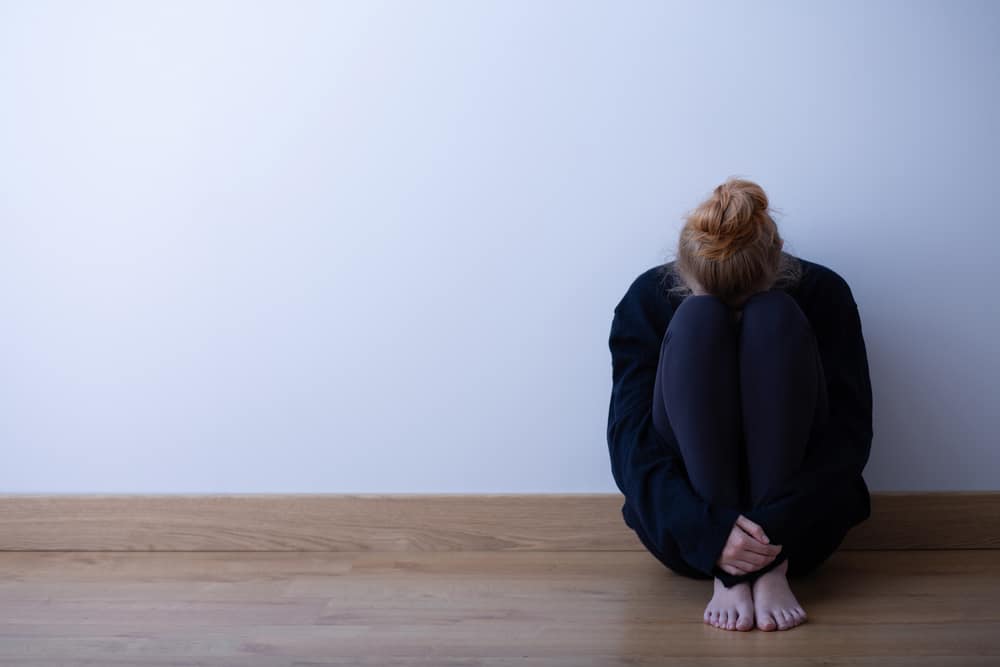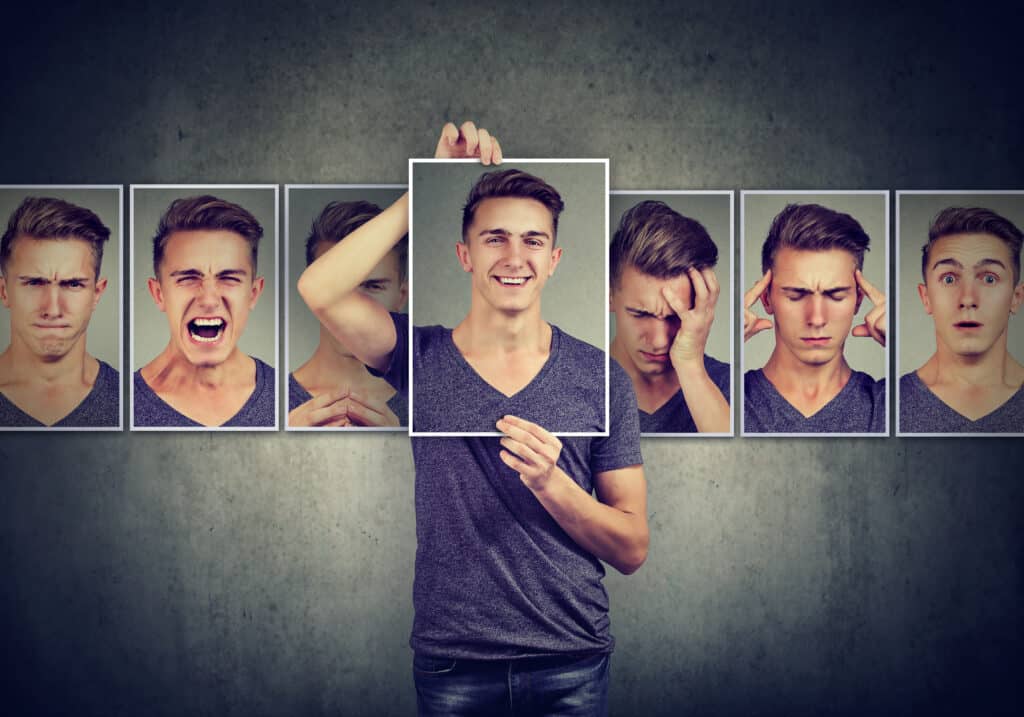
Taking care of our mental health is important throughout all different seasons of life. For aging adults and seniors, new challenges can arise that may cause a dip in your mental health. Mental healing is a journey, especially when life tests our resilience.
Our therapy practice believes that constant work is needed to keep up our mental stamina. Working to learn about your unique situation in life and come up with coping strategies that work for you is the best way to keep your brain sharp. Below are some tips and insights about mental health in aging adults that we think can help.
Why Is Mental Health Important?
As we age, our brains can begin to deteriorate and may need extra stimulation to stay sharp. Our mental health and ability to cope with stress can also change as we get older. It is important for all people to stay on top of their mental health especially as we age.
Good mental health helps people to have a better quality of life in their senior years. Keeping your brain clear and active can make aging much more enjoyable. Taking care of our mental health can also limit physical health issues as well. When you work on your mental health, you are better equipped to exercise, eat well, and stay on top of relationships.
Challenges In Maintaining Mental Health As We Age
Every season of life will look a little different. It comes with its own set of challenges, highs and lows, and health challenges. Maintaining mental health as aging adults can be difficult for a variety of reasons, but here are a few common ones.
Financial Struggles
All people experience financial struggles at some point in their lives. Retirement and financial insecurity can be very stressful for aging adults. Some adults have the challenge of continuing to provide financially for adult children. Others may have unsettled debt that they don’t want to pass on to their children. Compounding stress of any kind can have an impact on your mental well-being.
Isolation
When a partner has passed or other close family members, it can feel isolating. Aging adults often feel more isolated as their children start their own families, or they lose those who are closest to them.
Cognitive Changes
Many older people struggle to age or experience depression symptoms because they need help doing things they used to be able to do on their own. As technology advances, older generations may also feel inadequate about using smartphones or computers as well. Feelings of inadequacy can lead to more mental health issues.

Physical Limitations
Having trouble walking, going upstairs, driving, or exercising can affect your mental well-being. Those with chronic conditions or hospice patients may experience more mental illness than other aging adults because of their lack of physical movement.
Ways To Help Improve Your Mental Health
Your mental health can be drastically improved when you improve your coping skills and implement physical activity. Here are some recommended ways to help improve mental capacity in aging adults.
Physical Activity
Working out can be a great way to improve your mental well-being. Even if you can’t run or do strenuous workouts, there are still ways to move your body and release stress. Walking, water aerobics, biking, or dancing can all help aging adults without causing more damage to their bodies.
Healthy Diet
A well-balanced diet can improve multiple aspects of your life. A healthy diet can help you feel better, look better, and function more efficiently. Including more fruits and vegetables in your diet can give you the nutrients that your brain needs to stay healthy. Your cognitive function is improved when you eat the right foods.
Social Interaction
As you build new social connections your mental health will be elevated. As we age, we often lose friends and family members who were our closest confidants. Volunteer groups are a great way for aging adults to maintain social skills and build friendships. Serving the community or attending town events is another way to build relationships with those around you. Your neighbors and other townspeople can become some of your biggest supporters in times of need.
Mindfulness And Meditation

Another practice that is recommended by mental health professionals is the practice of mindfulness. This can help reduce stress and clear your mind of worries. The greatest benefit of meditating and practicing mindfulness is that they are free and easily accessible. You can find free apps or videos online to help you get started.
Professional Help
It can be overwhelming at times to manage mental illness on your own. Working with a therapist can help you have a sounding board to share your worries with and bounce ideas off of. A therapist can provide an outside perspective and coping strategies that are tailored specifically to you.
Our therapists at Ogden Psychological Services provide couple counseling, individual counseling, trauma therapy, and more. No matter what age or life stage you are in, therapy can be the answer to better healing.






